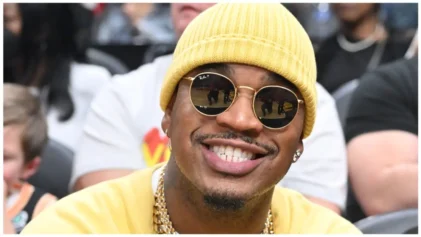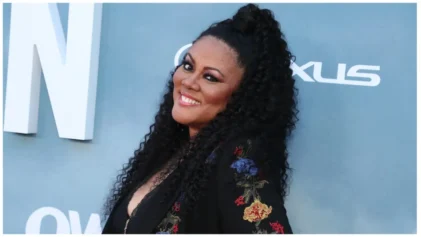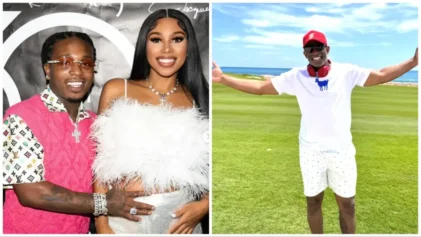Ghostface Killah is a compulsive storyteller. His fiction is painterly, and he delivers it in a headlong rush. From the 1997 album Wu-Tang Forever, he rhymed, “He pointed to the charm on his neck / With his last bit of energy left, told me rock it with respect / I opened it, seen the God holdin’ his kids / Photogenic, tears just burst out my wig.” He’s a romantic, and never stoic.
The images in all his songs are this vivid, sometimes to the point of distraction. He might have a backstory for each verse. He prefers to work with members and affiliates of the groundbreaking and influential Wu-Tang Clan, which he co-founded. “Not everybody can tell a really good story,” he says. “They veterans.” As is he. For 20 years he’s been playing unreliable narrators and characters who second-guess themselves. Yelling, going for broke whenever he’s in front of a microphone. Ol’ Dirty Bastard may have had no father to his style, but it’s Ghostface who’s still the same guy we met back in 1993.
His latest project contains all the preoccupations we already know him for — ziti, women, soul music, Wallys, campfire horror, injustice — but in some ways there’s even more going on than usual. “Twelve Reasons To Die” is also a collaboration with a film composer on a concept album that’s inspired a comic book and a theatrical stage show.
Born Dennis Coles on Staten Island, N.Y., he can now, at the age of 42, look back on a career that’s seen him play an integral part in one of the most respected groups in hip-hop history and release equally successful solo work. He’s toured the world several times over, but he’s not done yet.
“I’m just, right now, glad to be a part of anything,” says Ghostface. “Yo, I been here for so long. You know what I mean? But I don’t feel old; I’m not going nowhere. I’m still talented. This is what I do. And I do it well.”
What he’s doing now is betrayed, murdered and resurrected as a black superhero bent on revenge.
This was not his idea. That came from Bob Perry. He’s worked in the music industry for decades, distributing records and doing A&R for hip-hop artists like Mobb Deep and the Alchemist, which is basically match-making rappers and producers. He’d always wanted to make a concept album, and he wanted to hear more live instrumentation in rap.
Read more: NPR


